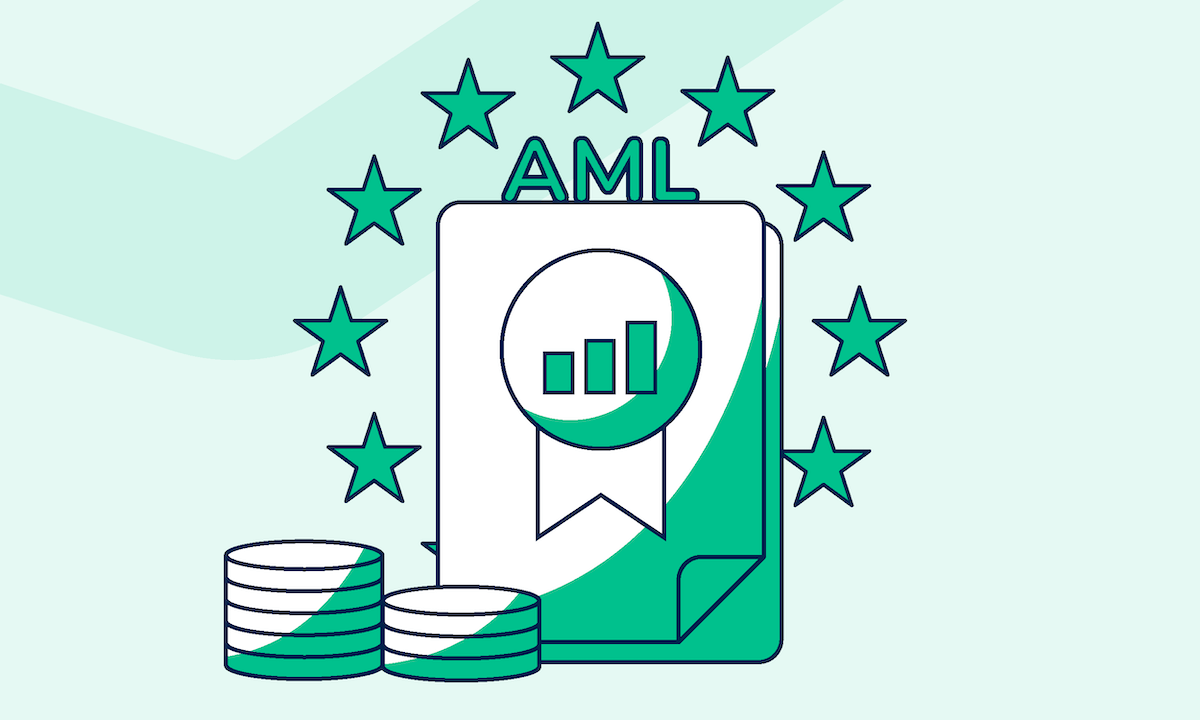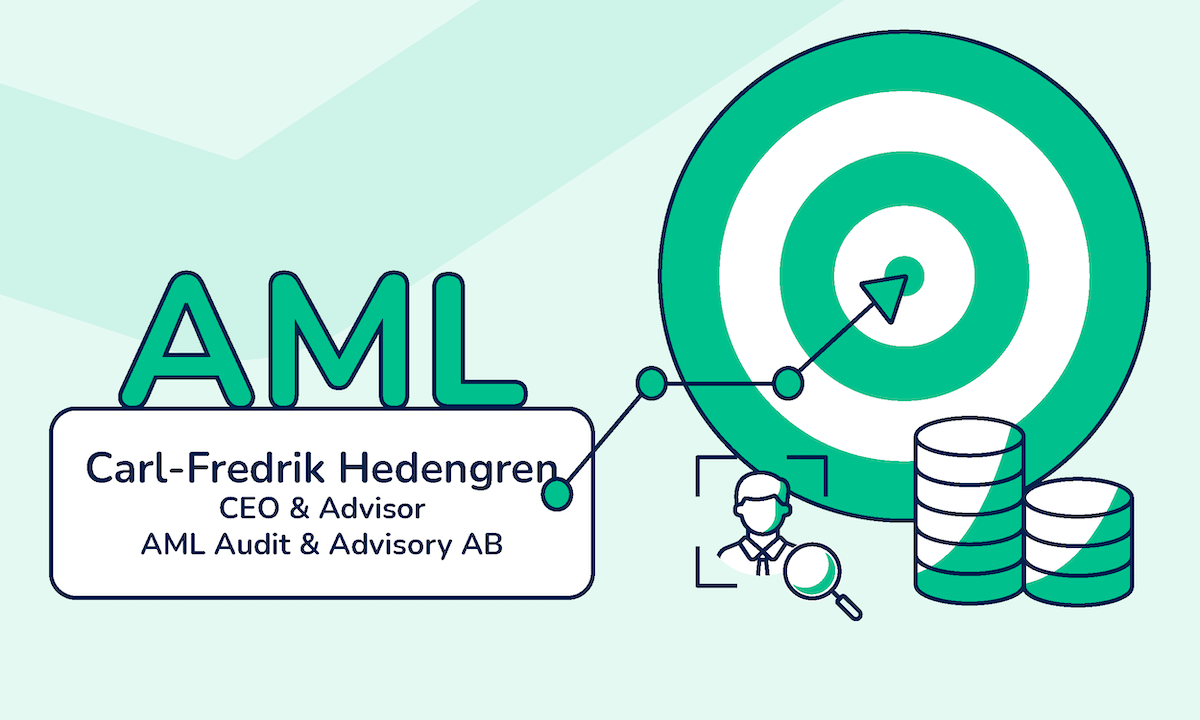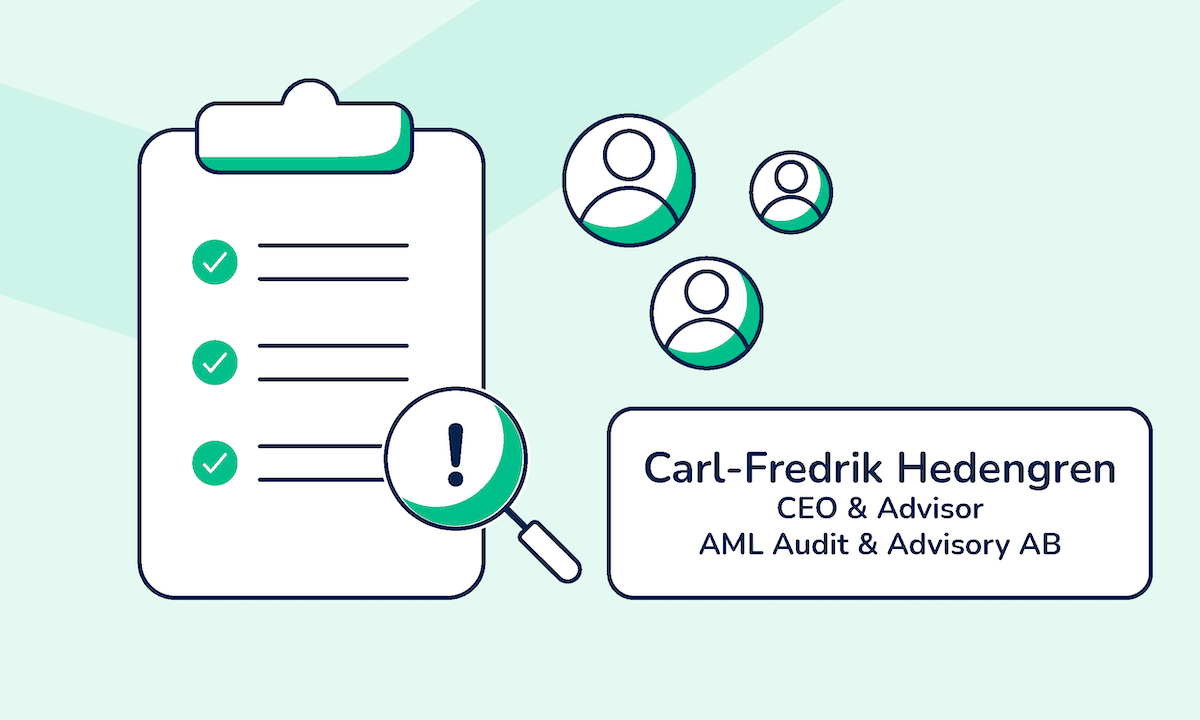It’s hard to imagine what business processes looked like before digital tools. All professionals today rely on technology to carry out their daily work functions. Digital solutions help us optimize business processes, thus enabling us to work smarter, not harder. Still, most companies are barely scratching the surface when it comes to improving their operations with the help of software.
Implementing digital solutions in a business starts with understanding what tools are available to a company. A business can choose from thousands of productivity tools to help with accounting, marketing, logistics, human resources, and all sorts of business processes.
How digital solutions can help you optimize business processes
Digital solutions can help you maximize efficiency by automating repetitive and time-consuming tasks. Whether we’re talking about digital signing solutions or KYC software, digital technologies lead to massive time savings and bottom-line growth.
What are the benefits of optimizing business processes with the help of digital tools?
Optimizing business processes with the help of digital tools has many benefits — from lower costs to improved security and collaboration.
Increased collaboration
Digital tools make it easier for employees and teams to communicate with each other from anywhere and from any device. They also allow you to centralize all the information related to specific projects, so everyone involved can access it and see what has been done.
Besides providing greater transparency, cloud-based solutions enable people to work on documents simultaneously, suggest edits, share relevant materials, and chat with teammates in real time.
Bottom-line growth
Cost reduction is another benefit of optimizing business processes with the help of digital solutions. Manually dealing with paper-based processes and administrative tasks can be insanely expensive. Not to mention that manual processes take a big chunk of your employees’ time.
With digital tools, companies can automate tedious tasks, so employees get more time to focus on delivering superior experiences to customers.
By digitalizing and automating processes, companies can provide more value to their customers and reduce the costs associated with manual and paper-based processes. This, in turn, leads to increased profits and better performance.
Improved security
Companies that still rely on insecure data storage methods are more prone to data leaks and lost information. On the other hand, businesses that use reliable cloud-based systems to process personal data and confidential information are far more protected.
That is because cloud-based digital solutions help curb data theft by taking appropriate safeguards to ensure that only authorized staff can access the data. Such measures often include role-based access control, encryption, and multi-factor authentication.
Digital tools can even help with company card misuse prevention, which used to be considered impossible less than a decade ago. Solutions like Moss can customize spend limits directly from the software, reducing the likelihood of purposeful or accidental theft.
3 tips for optimizing business processes with digital technology
Streamlining business processes with the help of technology can be a challenging task. That’s because business leaders often don’t know where to start.
If you’re considering implementing new technologies to optimize business processes, the following tips will put you on the right path.
1. Adopt a digital culture
A digital corporate culture is a prerequisite for the optimization of business processes. Many companies have the problem of staff members who refuse to accept new ways of doing things simply because that’s not how it was done before. Stepping into the digital age requires full buy-in.
Therefore, you should galvanize employees enough to excite them about the shift by pointing out the many benefits that come with it. Take time to orient and train your team members on the advantages of using a digital solution to help lessen the learning curve. And don’t forget to be patient and understanding with them during the process because adapting to a new way of doing things always takes time.
2. Choose wisely
One size does not fit all. Therefore, you should carefully consider what technologies can make a real difference for your business. Start by mapping your processing and identifying the recurring ones. Repetitive processes that don’t require human logic and are completed by following a clear set of steps are the best candidates for optimization.
Once you’ve identified which processes you want to optimize, it’s time to pick the right solution. There are many choices on the market, so you should always check out online reviews and comparison websites before making up your mind.
3. Start small
Don’t try to optimize all your processes at once; that will never work. Instead, start with one workflow at a time.
A great first step is automating repetitive paper-based processes such as document signing. Manually collecting signatures can take a really long time, delaying operations significantly. With digital document signing software, a company can remove that deadweight time loss and streamline processes.
Unfortunately, e-signatures face a lot of misconceptions, such as the lack of compliance. But the EU’s eIDAS regulation grants legal recognition to electronic signatures, meaning that companies can legally sign most documents using digital signatures.
Another area where businesses can increase efficiency is by utilizing a free photo editor for their image editing needs, cutting down on costs while still maintaining a professional appearance.
What are examples of processes that can be optimized?
Digital technology can help companies optimize numerous processes, such as:
- Document management: Document management systems allow companies to easily capture, organize, store, and retrieve business documents. Such systems eliminate the time spent on manual document filing, reduce human errors, and ensure that your files are adequately protected.
- Employee onboarding: Traditional employee onboarding processes involve a lot of paperwork and manual work. With digital onboarding software, however, companies can digitize onboarding documents and automate most of the onboarding process. This gives HR departments more time to connect with the company’s employees and to provide a great workplace experience.
- Invoice processing: Invoice processing is just one of the accounting processes that companies can optimize with the help of technology. Your finance department won’t have to spend their valuable time manually entering invoice data in the system anymore. Instead, they will be able to focus on providing better insights to support decision-making. Plus, it’s even more important for businesses like creative agencies or podcast promotion companies that work with freelancers from all over the world.
- Customer relationship management: CRM software centralizes all customer interactions in one place, making it easier for your sales department to provide smooth and personalized customer journeys. In turn, this leads to superior customer experiences and improved client retention.
- Email marketing: Companies can easily optimize their email marketing activities with the help of email automation software or with an email finder tool like Findymail. Such tools allow marketers to add prospects to different campaigns using criteria-based rules automatically. Each potential customer will automatically receive the set of emails intended for their specific category. You can decide how much time should pass before sending out each email, and the system will follow your instructions.
- Virtual mailbox and mail scanning: Another service that can greatly benefit companies is virtual mailbox and mail scanning. This service allows businesses and individuals to manage their mail remotely, eliminating the need for physical mailboxes. With a virtual mailbox, you can receive a physical address where your mail will be sent, and then be scanned and uploaded to a secure online portal for easy access from anywhere. This service is perfect for remote workers, frequent travelers, and those with virtual offices.
How can Penneo help you optimize business processes?
Penneo Sign can help you optimize your signing and document management processes. The platform allows you to set up document routing rules based on the signers’ roles so that the documents reach the signers in the correct order. With Penneo Sign, you can:
- create digital signatures using your national eID
- track the status of your documents (signed, pending, or declined)
- enable end-to-end encryption for sensitive documents
- set up automatic email reminders
- schedule automatic data deletion to meet compliance requirements
- send registered letters
- collect information from customers, employees, and other stakeholders via secure PDF forms
- store and organize documents in your personal archive
By using Penneo Sign, companies can minimize manual work and reduce the costs of printing, mailing, and physically storing documents, thus improving efficiency.
Penneo KYC is a digital tool that helps companies subject to AML laws optimize customer due diligence, risk assessment, ongoing monitoring, and record-keeping. With Penneo KYC, you can:
- automatically retrieve company and beneficial owner information from official business registers
- conduct guided risk assessments
- collect KYC documents securely (thanks to E2EE)
- receive notifications about any changes in your clients’ risk profiles (e.g., if the client becomes a PEP)
- automatically screen customers against PEP and sanction lists (on a daily basis)
By using Penneo KYC, obliged entities can meet their AML obligations in a more efficient and secure way.





